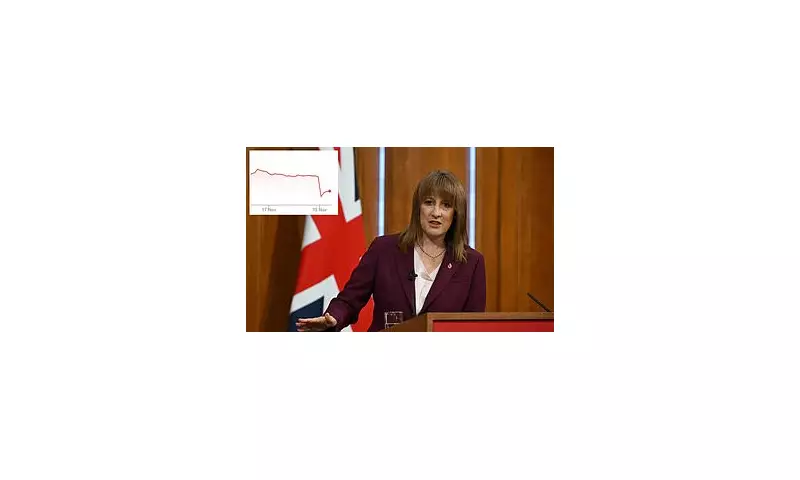
Shares in Britain's leading banks suffered a significant downturn today as fears intensified that Chancellor Rachel Reeves is preparing a major assault on their profits in the upcoming Budget.
Market Turmoil and Treasury Scramble
Barclays, Lloyds, and HSBC all saw their share prices drop by more than 2 per cent this morning, leading a broader market sell-off. This financial tremor comes as the Chancellor desperately searches for methods to raise tens of billions of pounds following the humiliating withdrawal of her plans to increase income tax.
With insiders suggesting Ms Reeves might need to secure as much as £40 billion when she delivers her fiscal statement on November 26, the Treasury is reportedly examining a 'smorgasbord' of increases. These measures are expected to disproportionately affect the wealthy, pensioners, and savers.
The Banking Surcharge Returns to the Table
One key option back under consideration is ramping up the 'banking surcharge' – a higher rate of corporation tax applied to banks since the Credit Crunch. Initially an 8 percentage point increase after the financial crash, it was reduced to 3 percentage points in 2023 when overall corporation tax rates rose.
Although the Treasury had previously played down this prospect, sources confirm that changing the surcharge is back on the table as the Chancellor's financial problems mount. The idea was previously championed by Angela Rayner during her tenure as Deputy Prime Minister as a method to avoid taxing working people.
Widespread Consequences for Britons
In one of the most significant revenue-raising measures, Ms Reeves is poised to extend the freeze on income tax thresholds for another two years. This policy alone is projected to net the Treasury more than £8 billion per year.
However, this boost to government coffers carries a heavy price for citizens. The extended freeze will drag more than 10 million people into paying the top rate of tax by the end of the decade. Some couples will face tax bills £1,300 higher than if the freeze ended as originally scheduled.
The financial pain will not be confined to higher earners. A full-time worker on the minimum wage will see their annual tax bill increase by £137 compared to the current policy of raising thresholds with inflation.
Pensioners will also be hit hard. For the first time, all pensioners will be required to pay tax on their full state pension in the 2027-28 tax year, creating a situation where the state effectively gives with one hand and takes with the other.





